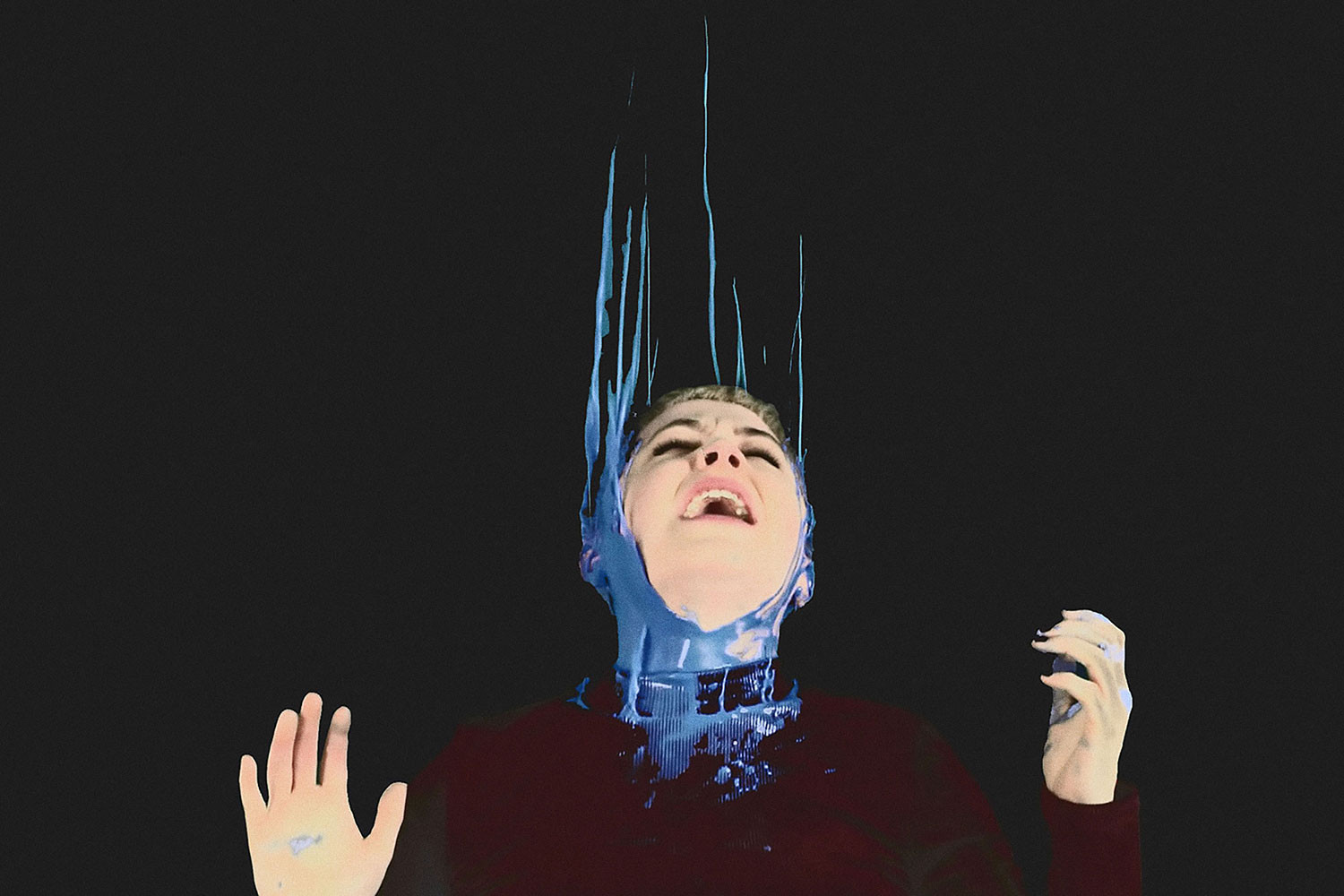Hawk are today premiering their dramatic new song ‘Take It Away’ – check it out below, first on Dork.
The emotional and hard-hitting track was written as a reaction to victim blaming, after singer Julie Hawk’s friend was followed home after a night out.
It’s taken from upcoming five-track EP ‘She Knows’, out on 17th March via Veta Records, which also covers themes including inequality, exclusion and preconceptions.
Of ‘Take It Away’, Julie explains:
“’Take it Away’ is about assault and victim-blaming. It’s about wanting a society where women can walk alone safely without fear of being followed or cat-called. And it’s about addressing the real person who’s at fault.
It’s about winning back the night!
I wrote the lyrics after an online discussion about victim-blaming that got a little heated. Like so many women, a friend of mine had posted online, saying that a man whom she didn’t know had tried to follow her home the night before. She was clearly feeling angry and degraded, but on another level she was sharing as way to normalise the conversation, and remind the world how common this is. As usual, she received lots of commiserations and comforting well-wishes, as well as a torrent of abuse directed towards the man who did it. Of course, there were also countless responses from women who had experienced the exact same thing. But scattered throughout the thread were dozens of unsolicited ‘words of advice’.
‘You should have taken a cab right to your door.’
‘You should have walked with a friend.’
‘You shouldn’t walk around on your own that late.’
The last one, from a guy I didn’t know, just rubbed me up the wrong way. And despite knowing how futile these social media debates can be, I steamed in and engaged.
To be honest it didn’t get too out of hand. It was actually a very ordinary, everyday comment thread. I got mad. He got defensive. I think I got the last word. But to an outsider it could have been anyone’s game. This was what really bothered me in hindsight: these kinds of comments are so so common, and while they are believed to be coming from a helpful place, they pretty much irradiate the responsibility of the predator.
There has been huge upsurge in conversations about self-care in my own circle of mates in the last couple of years. But that means a different thing to everyone. The bottom line is that it still has to be the decision of each individual women what she wears, where she walks, and who she allows into her life or even just into a conversation. Without that bottom line, then we’re just being told what and what not to do. Like children.
And what impression does it give to men and women who read these responses? All it does is irradiated consent and imply that in circumstances, a man is somewhat justified in following a woman home. He’s been given the ‘right signals’.
It’s not only worrying for women’s sake, but for men’s too, and especially young boys’. There has to be a better way to talk about these horrible events without washing over the responsibility of real culprits.”





